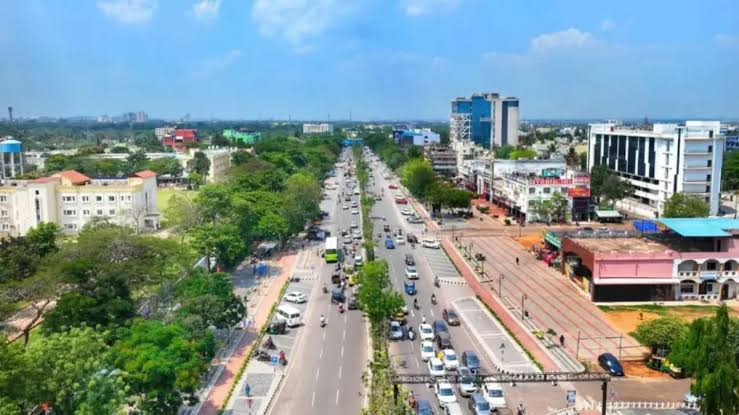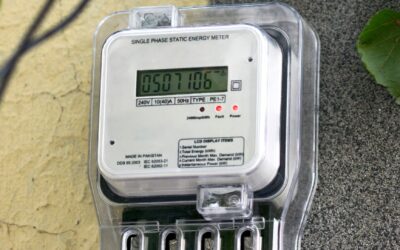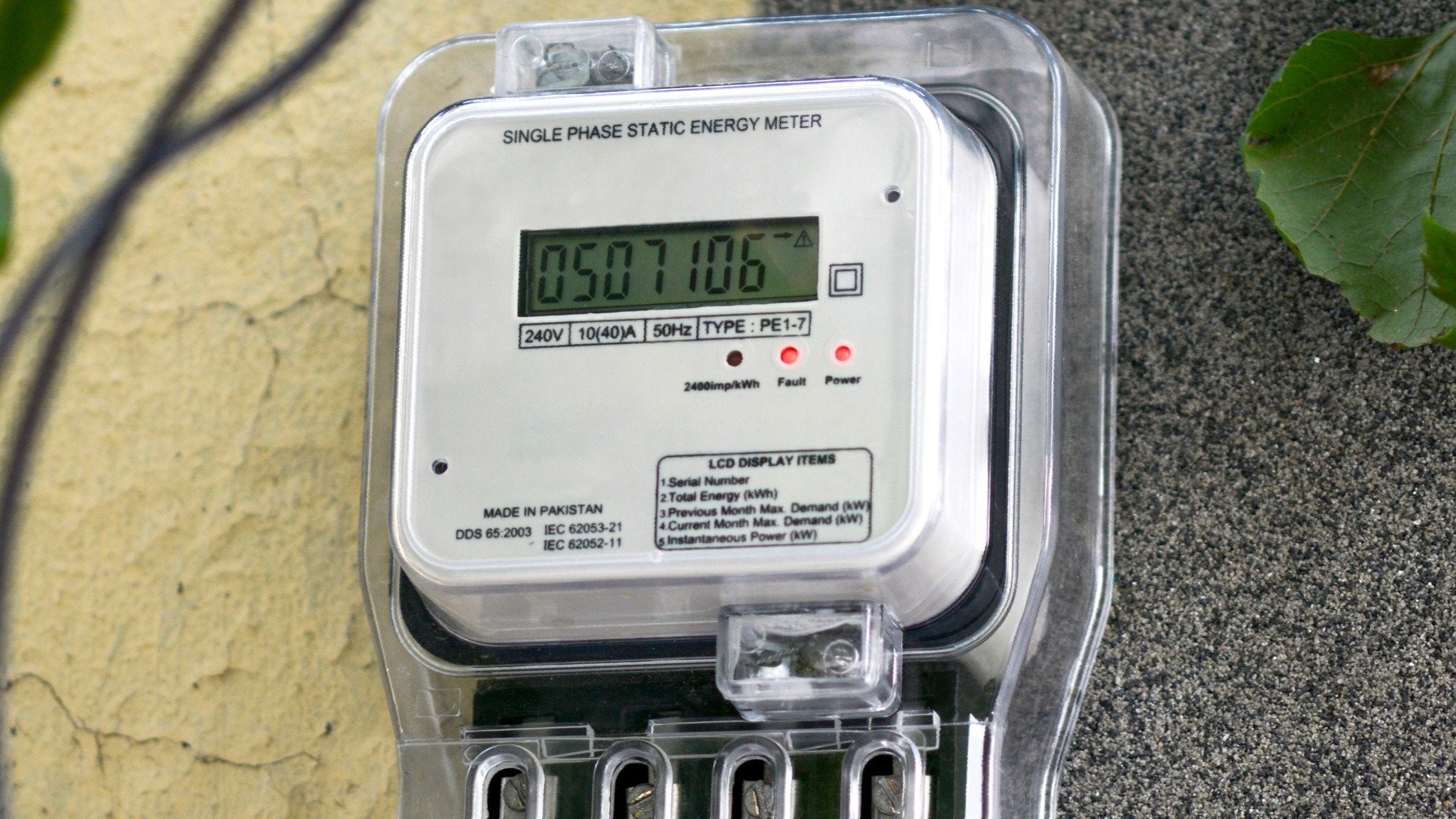NH-26 Cracks Highlight Questions on Road Quality and Accountability

Early damage to a newly built ₹68-crore highway stretch in Jeypore sparks debate over construction standards and public safety
Bhubaneswar : Two years after its completion, a 10-km stretch of National Highway-26 between Bariniput and Ambaguda in Odisha’s Jeypore block is showing cracks—literally and figuratively. The damaged road has not only disrupted daily travel but has also reignited public concern over the quality and accountability in highway construction.
The highway section, part of the crucial Visakhapatnam–Raipur corridor, was developed at a cost of ₹68 crore. The project, awarded in 2019, was executed by a private contractor and completed in 2023. The road was widened from seven metres to ten metres to support increasing traffic and boost connectivity. However, cracks appearing on both sides of the road in such a short span have sparked questions about whether public money has been well spent.
Under the contract terms, the construction agency is responsible for maintaining the road for five years after completion. Despite this clause, commuters say they are forced to navigate unsafe stretches daily. Two-wheeler riders are particularly at risk, as the cracked and uneven surface causes vehicles to skid and lose balance. “Every time we cross the damaged patch, we slow down and pray nothing goes wrong. Such damage on a highway this new is unacceptable,” said commuter Durga Rao from Ambaguda village.
Infrastructure experts point out that premature deterioration of newly developed highways often indicates poor foundation work, substandard materials, or inadequate drainage systems. Frequent heavy vehicle movement could also worsen the situation if the road was not built to withstand such loads.
When contacted, Jeypore National Highway Division Executive Engineer, Gouranga Majhi, confirmed that the damaged sections have been identified. “The contractor has already been asked to conduct immediate repair work as per the maintenance agreement. They have agreed to start the work soon,” he said.
However, citizens argue that routine inspections should have detected the issue earlier. They believe the problem goes beyond maintenance—it reflects the need for greater transparency and stricter monitoring during construction.
Local residents also expressed concern that if repairs are delayed, the damage may worsen during the monsoon, leading to potholes, accidents, or even complete surface failure. Farmers and traders using the road to transport goods have also reported delays and increased fuel consumption.
This incident brings to light a recurring issue in infrastructure projects—good roads that don’t last. Despite significant investment, poor execution often leads to repeated repairs, burdening the public exchequer. The situation underscores the need for stronger quality checks, third-party inspections, and penalties for non-compliance.
The NH-26 stretch is a lifeline for commuters, traders, and transporters in Koraput district. Ensuring its durability is not just about fixing cracks—it is about restoring public trust in developmental projects.
As repair work is expected to begin soon, locals hope authorities will not just patch the damage but address the root cause to prevent a repeat of such incidents. The road may have cracked, but public patience is wearing thin too.








